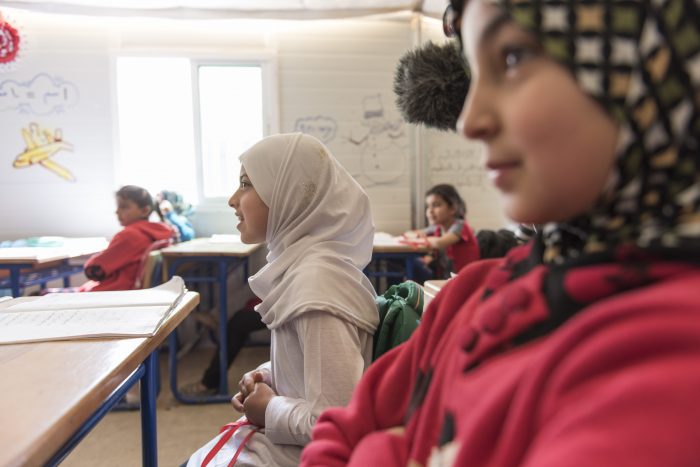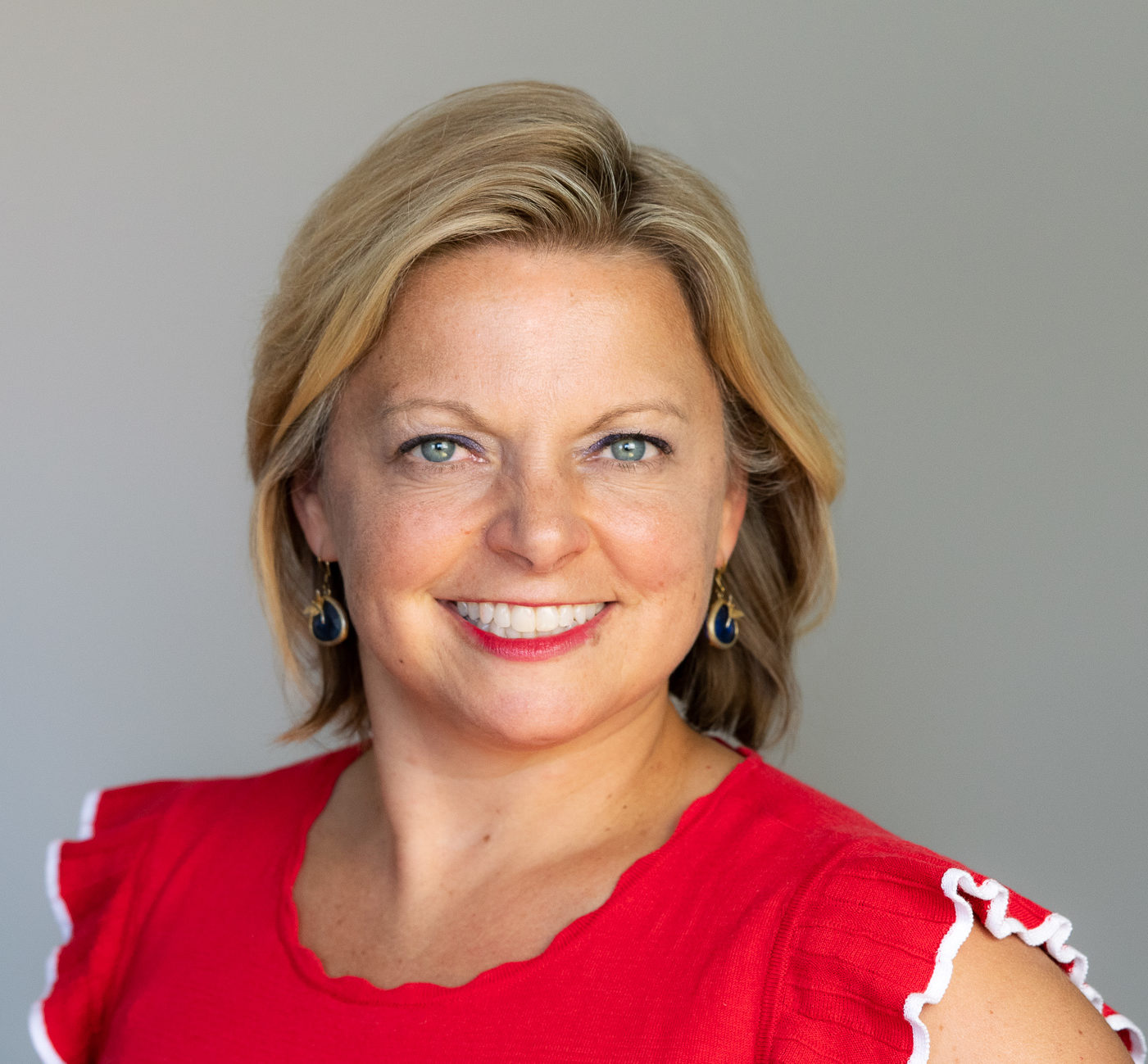Dear Donor: Here’s the Good News on Syria
Special update from Protect the People Executive Director Sarah Williamson. I recently spoke to a number of donors about the Syrian refugee crisis. One by one, donors asked me the same question. Is it possible to make an impact on such a huge crisis? In a scene from the film “Zaatari” which depicts life in […]
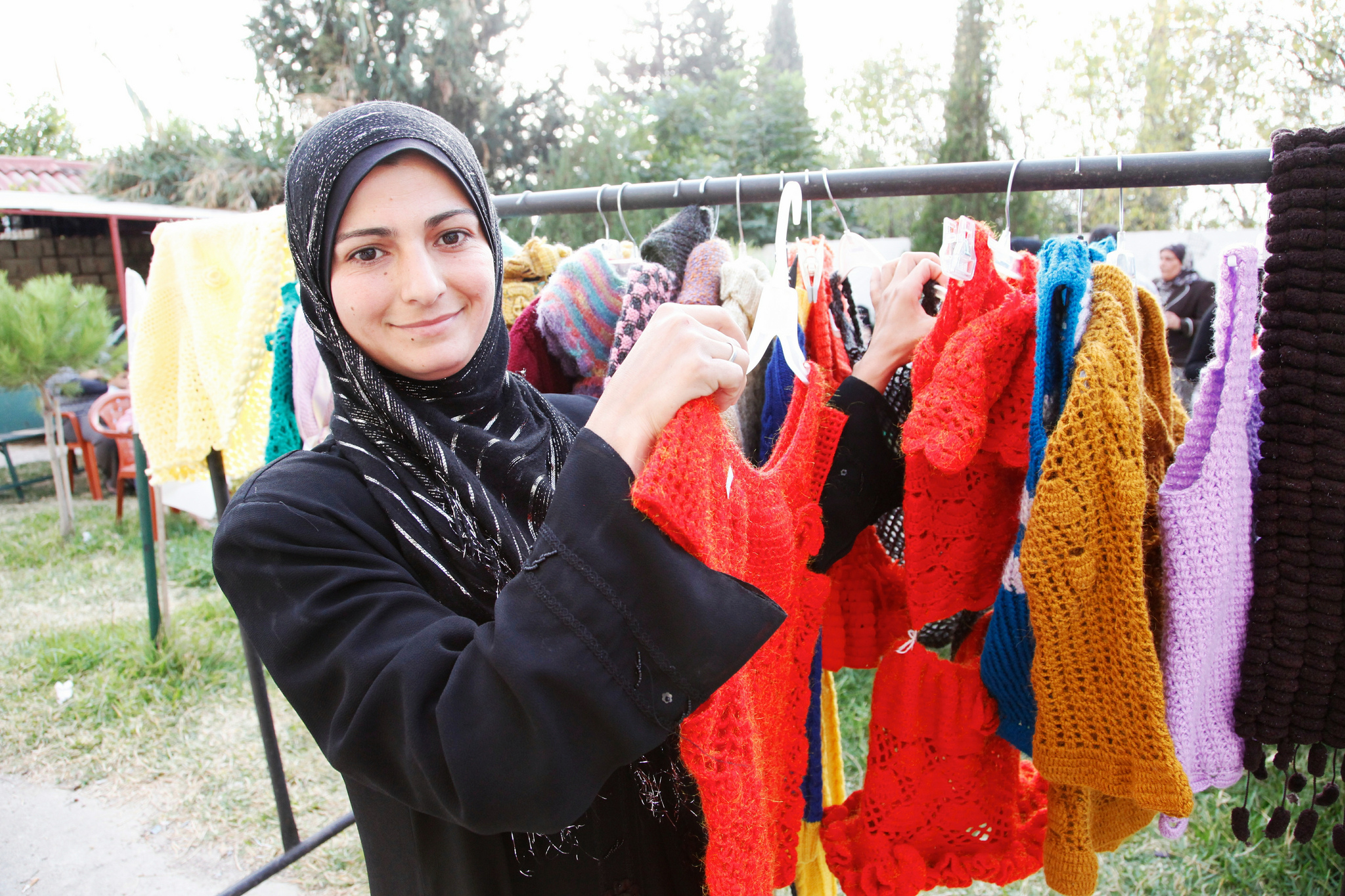
I recently spoke to a number of donors about the Syrian refugee crisis. One by one, donors asked me the same question. Is it possible to make an impact on such a huge crisis? In a scene from the film “Zaatari” which depicts life in the largest Syrian refugee camp in Jordan, a young boy asks an aid worker a similar question:
Why do you keep coming to help us?
You’re helping a hopeless cause.
The problem is so big. The war is not going to end anytime soon, a political solution to the conflict is nowhere in sight, and there are over 4.5 million refugees across the region, a million of whom are now in Europe.
Despite overwhelming odds, donors can make an impact by investing in people. Investing in the people with the capacity to rebuild Syria will pay off. In every humanitarian crisis, most funding goes toward meeting people’s needs for food, water, shelter, health care, and the logistics support to provide those things. These commodities support the most vulnerable who need life-saving assistance. 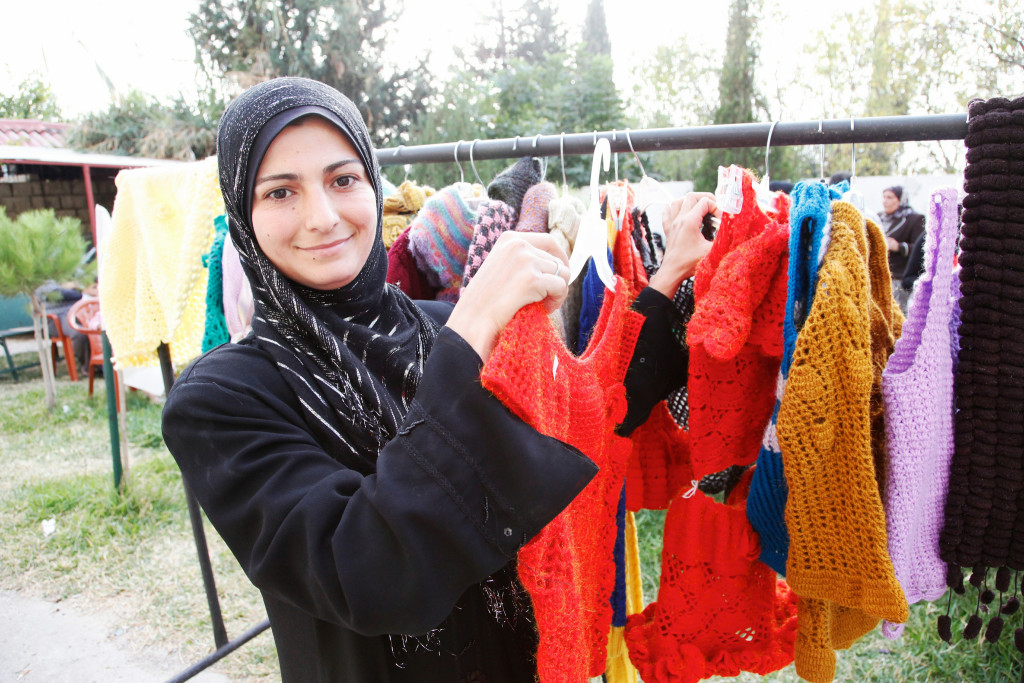
Donor governments also spend considerable funds developing the future leaders of Syria through governance and democracy programs. The impact of supporting political elites can prove illusive as internal conflict over who represents the people and who has the capacity to win elections shifts over time.
As a student at the Refugee Studies Centre at Oxford, I wrote a thesis on “Refugee Return and State Reconstruction” which offered that refugees who spend long durations in exile are strategic about rebuilding their country when it’s safe to go home. After working with refugee populations for more than 20 years, I know that a considerable number of refugees save their money for the future, no matter how little they make, so they can rebuild when the time comes to go back.
While donors have spent considerable resources on the most vulnerable and the political elites, they have missed the people in the middle; the productive wage-earning individuals who will work hard to rebuild their country. By helping productive refugees find jobs and earn living wages, donors would enable refugees to meet their basic needs and save for the future. Investing in people means providing refugees with opportunities to work and contribute to society.
Both large and small donors can put resources directly in the hands of refugees who need the capital and the purchasing power to move on with their lives. The private sector also has a significant role to play in helping refugees achieve self- sufficiency. Private companies, banks and construction firms can offer skilled refugees a chance to work. Governments need to support these companies by making it legally permissible to hire someone with a refugee document.
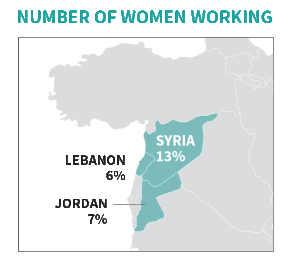
Once donors get behind people who want to work, the crowd will follow. Remember the story of the Syrian man in Beirut who sold pens on the street to care for his daughter? The Twitter campaign #buypens brought in more than $190,000 on Indiegogo for Abdul Halim al-Attar, who used the money to start three businesses. Some people are calling this “disruptive” funding. I believe it is the future of humanitarian response.
Protect the People (PTP) is particularly concerned about the ability of Syrian women to achieve economic self-sufficiency. Our research shows that only 13% of all Syrian women have ever held a job. Further, refugee women are only making $6 a day on average in the agricultural, textile, and hospitality sectors. PTP is committed to working with donors to encourage professional associations and private companies to offer opportunities to refugees. Through mentoring programs, Syrian women could apprentice with experienced professionals who can guide their future career and help them overcome social barriers.
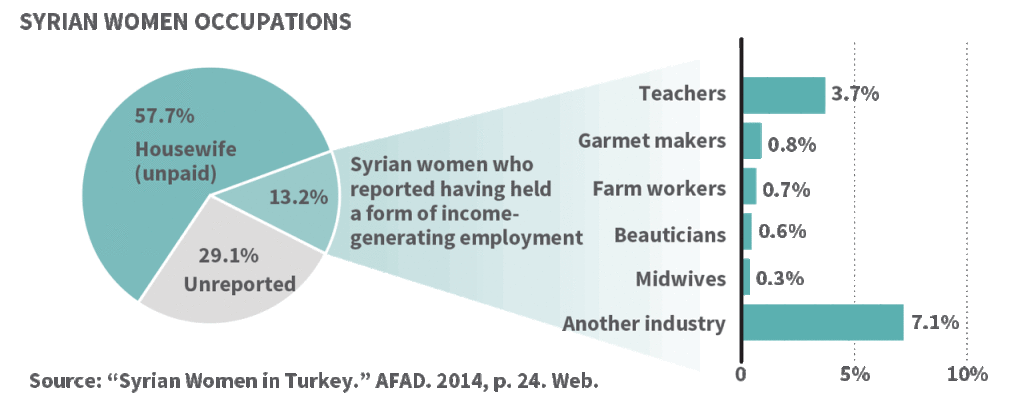
So, who will rebuild Syria? Refugees will rebuild Syria household by household, neighborhood by neighborhood, community by community. Isn’t that a vision we can all get behind? When the big picture is too overwhelming, the small picture offers us an opportunity to invest in the people who are the future of Syria.
More like this
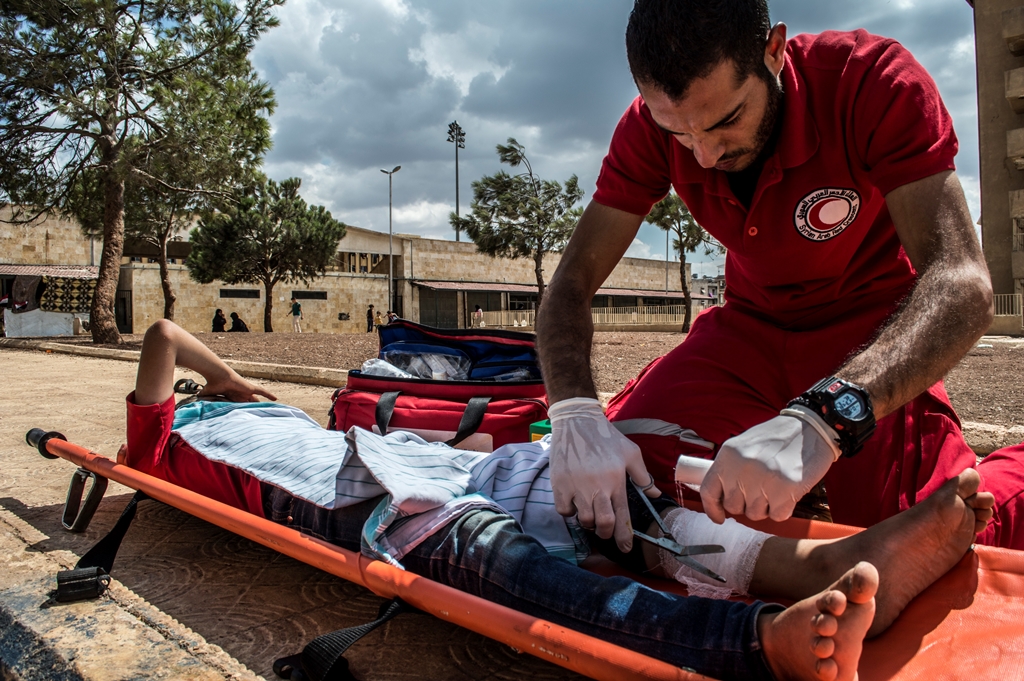
World Humanitarian Day: Call to Protect Humanitarian Workers and Volunteers
